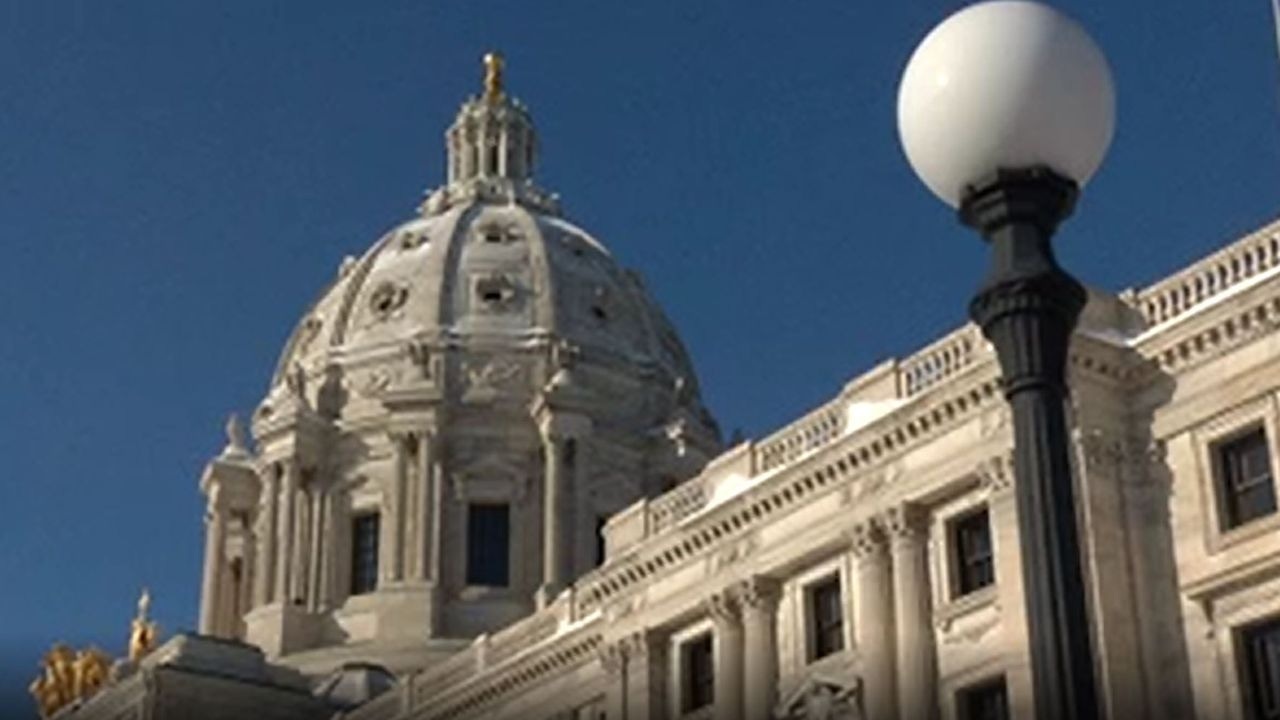Minnesota Senate, House pass unemployment insurance and frontline bonus bill

A file photo of the Minnesota State Capitol. (KSTP-TV)
A day after reaching an agreement on a bill to replenish the state’s unemployment insurance trust fund and provide bonuses for frontline workers, Minnesota lawmakers officially approved the legislation.
The Senate passed the bill by a vote of 65-1 early Friday afternoon. Later Friday, the House approved the bill, 124-5, sending it to Gov. Tim Walz’s desk.
The bill includes $2.7 billion for unemployment insurance, $190 million for “ongoing COVID response” and $500 million for worker bonuses. Lawmakers say 667,000 Minnesotans — ranging from employees in health care, long-term care and child care facilities to grocery store staff and retail employees — will qualify for the bonus checks, which will total around $750.
“This bill represents what can happen when Democrats and Republicans in the House and Senate and the Governor’s office work together to get great things done for the people of Minnesota,” Senate Majority Leader Jeremy Miller said in a statement. “This bill provides meaningful bonuses to frontline workers who took risks to keep us safe during the pandemic. Not only did we meet our commitment to give them a ‘thank you’ check, but we also doubled it. And it fully refills the Unemployment Insurance Trust Fund, which protects a safety net for workers who get laid off during tough times.”
Senate DFL Leader Melisa López Franzen said, meanwhile, “I regret the delays in getting these bonuses to our frontline heroes – we should have gotten them out the door last. year. Since the beginning of the pandemic, Minnesota has benefitted from their effort and sacrifices, when they put their own health and safety on the line to keep our state running. They provided health care when we’ve needed it, kept older Minnesotans safe in long-term care facilities, kept groceries and retail stores open and kept public transportation running. And – importantly – they provided the safe childcare that has allowed families to get back to work and businesses to stay open. Without them, the health and economic crisis caused by the pandemic would have been much worse. They deserve our thanks.”